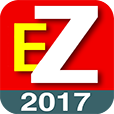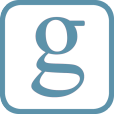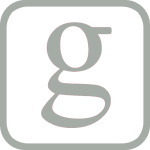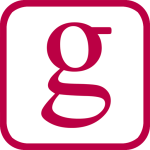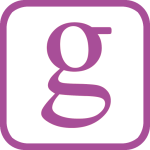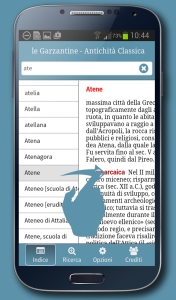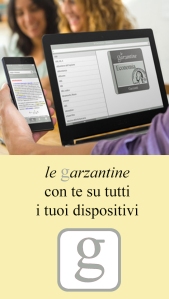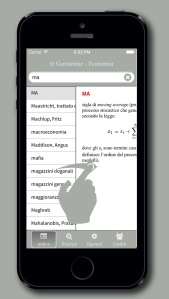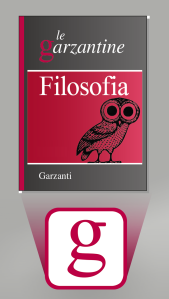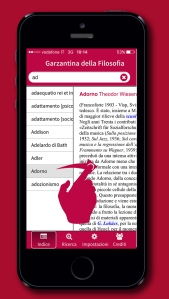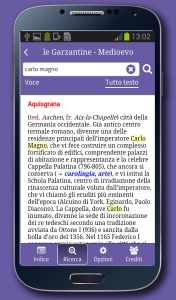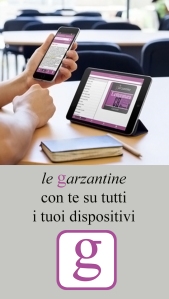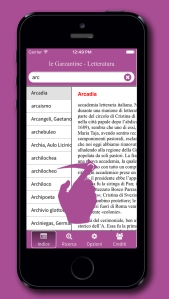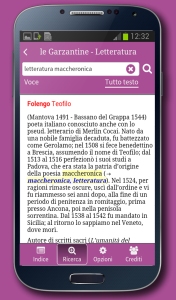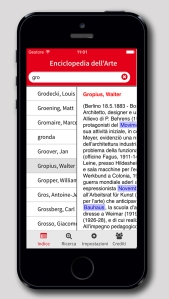The word “encyclopedia” has now become synonymous with “Wikipedia”, and vice versa. In less than two decades this extraordinary reference tool has become the most important source of knowledge on the Internet. Unfortunately, for many people it has also become the only one, obsuring a loto of other works with a long history of excellence and quality. This evolution has also hampered the very concept of the encyclopedia and its function.
An encyclopedia is a reference work that contains information about a wide variety of topics or even just about specific subjects. The goal of giving a systematic form to human knowledge makes these tools the ideal vehicle for many study and research activities.

Academic Research
Traditionally, scholastic research involved a lot of consultation work accomplished between school, home and library. Today, these activities are increasingly limited to searching and printing a Wikipedia page at the expense of any further investigation. In fact, an encyclopedia should be a starting point, not the final one, offering good insights into more specific works. The best-known and accredited encyclopedias provide the opportunity to add more legitimate sources to research, presentations, and theses. Credibility is important because very often online sources have not been accurately verified.
Personal Research
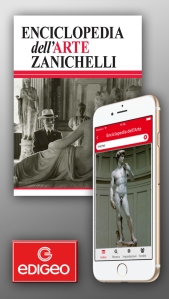 Good personal culture is not only useful in lounges conversations, and encyclopedias are an ideal tool to develop and expand it. In addition to general works, there are encyclopedias about specific areas such as medicine, law, music, history, and so on. The latter provide more in-depth information than the general ones, while the former are an excellent starting point for venturing into greater depths.
Good personal culture is not only useful in lounges conversations, and encyclopedias are an ideal tool to develop and expand it. In addition to general works, there are encyclopedias about specific areas such as medicine, law, music, history, and so on. The latter provide more in-depth information than the general ones, while the former are an excellent starting point for venturing into greater depths.
Professional Research
General encyclopedias provide a comprehensive view of a wide variety of topics, while subject-specific ones provide detailed information on specific areas. Any profession that requires frequent consultations has certainly a dedicated encyclopedia. There are, for example, encyclopedias about psychiatry, law, economics, medicine and many other subjects. Professionals use it to control data, facts, events or to get more information on particular topics.
Not only paper…
The encyclopedia displayed in the living room library is a thing of the past, but it is important to remember that these reference tools have not lost their function. Each public and school library offers numerous works of this type. Moreover, over the last decades, technology innovoations allowed to completely change the way we access the knowledge. Traditional books are now offered in form of CDs / DVDs and online versions that make the consultation much more fast and efficient.
However, on the Internet we can find everything: works with a respected and consolidated name, and other more improvised ones that have the sole purpose of attracting visitors but which are often susceptible to inaccuracies, partiality and poor reliability.
Some good news
Talking about works with a long story of success and quality, I’d like to point out the release of some encyclopaedias in form of mobile apps. These apps can be used on a variety of mobile platforms (iOS, Android, Kindle) as well as on Windows 10 systems, they can be accessed offline (Internet connection not required), making them flexible tools to always bring with you.
|
|
|
|
|||||||||
Enciclopedia dell’Arte |
la Zanichelli 2017 |
Antichità classica |
|||||||||
|
|
|
|
|||||||||
Economia |
Filosofia |
Letteratura |
|||||||||


